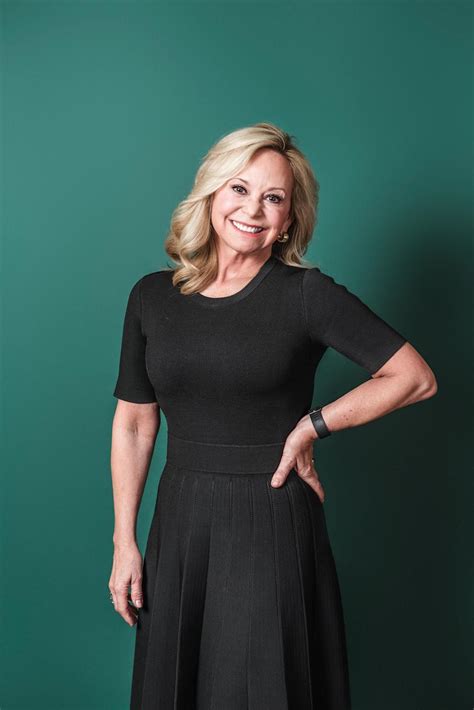A Quote by Clayton M. Christensen
People in private equity complain that they have so much capital and so few places to invest. But you have lots of entrepreneurs trying to raise money at the low end and find that they can't get funding because of this mismatch. I think that there is an opportunity there.
Related Quotes
Obviously, consideration of costs is key, including opportunity costs. Of course capital isn't free. It's easy to figure out your cost of borrowing, but theorists went bonkers on the cost of equity capital. They say that if you're generating a 100% return on capital, then you shouldn't invest in something that generates an 80% return on capital. It's crazy.
Nobody in my generation ever started out in private equity. We got there by accident. There was no private equity business - actually, the word didn't even exist - when I started. I got there out of the purest of happenstance and so I think many people find what they really enjoy doing just in that way. So another piece of advice for you is: don't worry too much about what you're going to be doing when you get out of business school - life will come your way.
State funds, private equity, venture capital, and institutional lending all have their role in the lifecycle of a high tech startup, but angel capital is crucial for first-time entrepreneurs. Angel investors provide more than just cash; they bring years of expertise as both founders of businesses and as seasoned investors.
I should say, the one thing you run into is, if you're trying to raise a round you have to decide, well, how much money are you trying to raise? And then you have to justify that to your investors, because they want to know why you [are] raising that much? Why aren't you raising either twice as much or half as much?

































